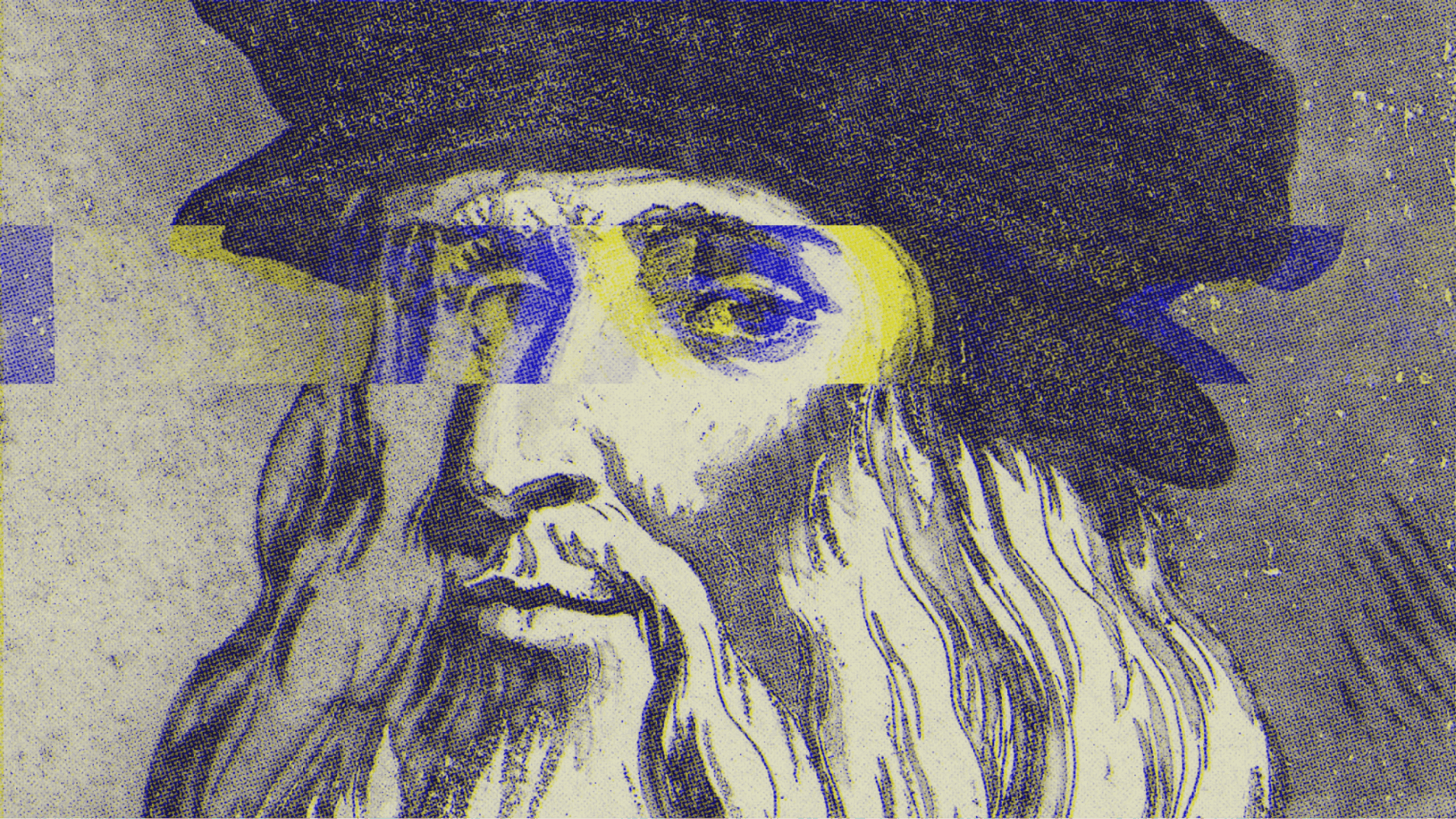Rushdie is fascinated by video games like “Red Dead Redemption,” which allows gamers much more agency to choose the path they take through the narrative. Will all storytelling have to adapt to this new, looser narrative technique?
Question: How are video games influencing linear forms of storytelling?
Salman Rushdie: That's a very interesting question and I think the answer is we don’t yet know. But I do think that I mean for instance the game that my 13 year-old boy Milan and his friends all seem to be playing right now is this wild west game called "Red Dead Redemption" and one of the things looking over… I mean I don’t even pretend to understand what is going on really, but one of the things that is interesting about it to me is the much looser structure of the game and the much greater agency that the player has to choose how he will explore and inhabit the world that is provided for you. He doesn’t... in fact, doesn’t really have to follow the main narrative line of the game at all for long periods of time. There is all kinds of excursions and digressions that you can choose to go on and find many stories to participate in instead of the big story, the macro story. I think that really interests me as a storyteller because I've always thought that one of the things that the Internet and the gaming world permits as a narrative technique is to not tell the story from beginning to end—to tell stories sideways, to give alternative possibilities that the reader can, in a way, choose between.
I've always thought of the Borges story, “The Garden of Forking Paths” as kind of model of this, that... “The Garden of Forking Paths” is a story, is a book whose author has gone mad because what he has tried to do is to offer every possible variation of every moment. So, boy meets girl. They fall in love/they don’t fall in love. That is the first fork and he wants to tell both those stories and then every variation of every moment down both those lines and of course it’s like nuclear fission. The possibilities explode into millions and billions of possibilities and it’s impossible to write that book. But it seems to me that in some ways the Internet is the garden of forking paths where you can have myriad variant possibilities offered and at the same level of authority, if you like. So I mean I think that's one of the ways in which storytelling could move. And these games, these more free-form games in which the player can make choices about what the game is going to be, become a kind of gaming equivalent of that narrative possibility.
Question: Do you worry that video games are eroding people’s ability to read novels?
Salman Rushdie: I think there are legitimate concerns there and I worry also that there is a dumbing down factor. These games... I mean they sometimes require lateral thinking. They sometimes require quite skilled hand-eye coordination and so on. But they’re not in any sense intelligent in the way that you want your children to develop intelligence to make the mind not just supple, but actually informed. And of course if people spend too much time on this stuff then it militates against that.
One of the things about "Luka and the Fire of Life," which is basically pro... Rashid Luka’s father is basically fond of the video game and defends video games to Luka’s mother, who is much more skeptical of their value. But there is a bit of the book which also suggests that the problem may be that this way of inhabiting the imagination may do something harmful to our relationship to story, to the way in which human beings have always needed and responded to the art of the story and that is something to be worried about, because I think that there is something about storytelling that is very intrinsic to who we are as human beings. So one of the characters in the book refers to man as the storytelling animal—and so we are. We are the only creatures on the earth who do this, so and we may even I think be hard-wired to do it in the way that we have a language instinct. We may actually have a story instinct and so there is a legitimate concern about a new form which may erode our attachment to the story. What will that do to us as human beings?
Recorded November 12, 2010
Interviewed by Max Miller
Directed / Produced by Jonathan Fowler






